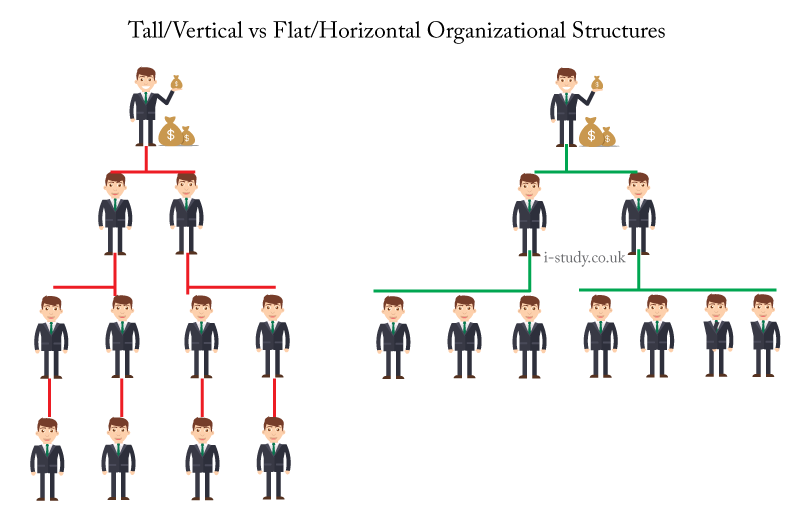
When it comes to a horizontal structure they have few layers from the top to the bottom which allows quicker flow of communication and decision making. This is great for startups and more innovative companies. There is an article below this post which talks about how "Today best companies are horizontally integrated". I believe that this is true for certain industry and extremely not true for others. If innovation is a key player in your industry I absolutely believe that its better to have a free flow of communication avoiding the bureaucracy of many modern companies.
In today's society many companies are also attempting a Matrix structure which somewhat combines both of these styles. This style tends to bring in specialist while also keeping the specific lines of business. The biggest issue with this one is that it is hard to have the employees focus both on their own individual work while also contributing to a team projects and could find employees falling behind in one.
 T
TThere is no best option overall, but there absolutely is a best fit for specific employees and specific industry's. This becomes increasingly important for owners to have a clear vision for their organizational structure to be the most competitive and innovative in their industry.
https://hbr.org/2012/12/todays-best-companies-are-hori